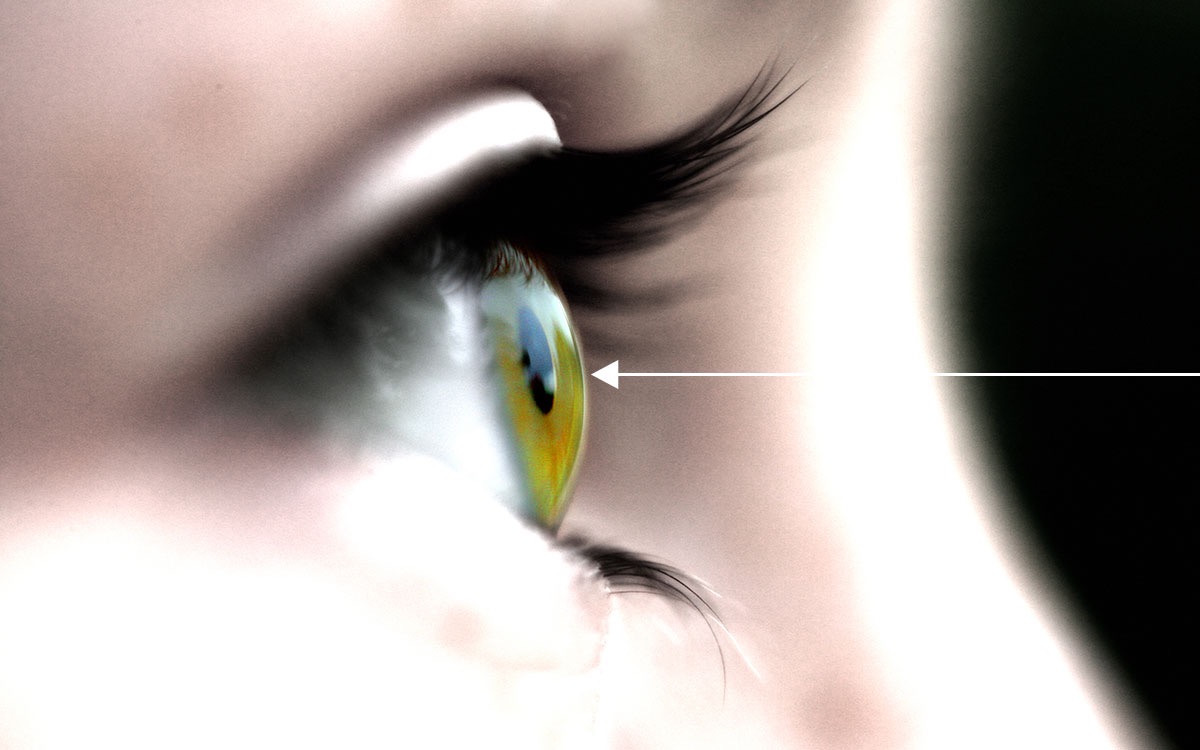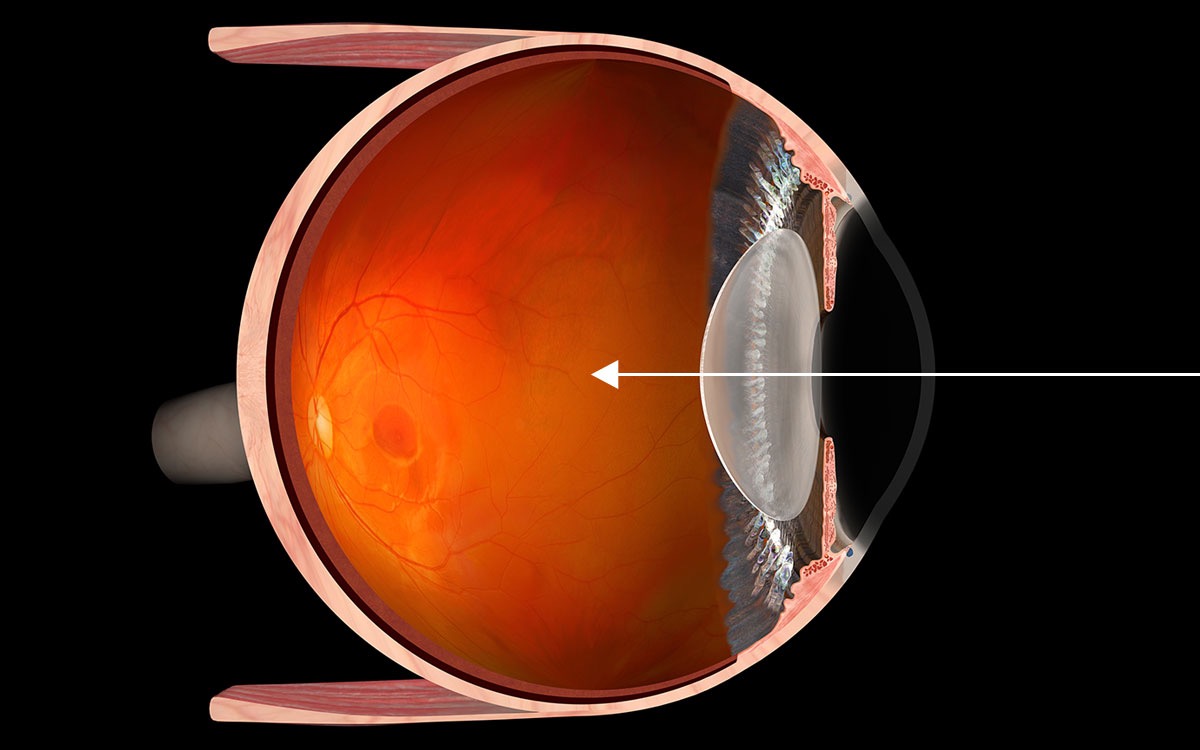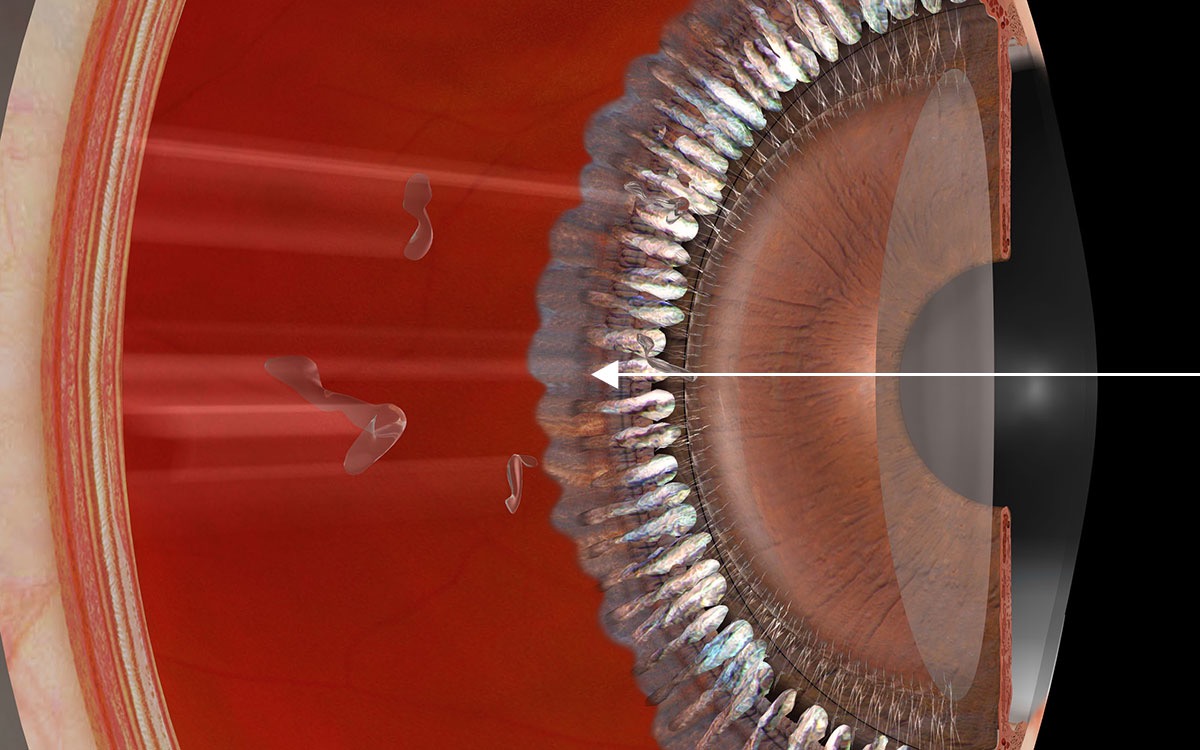What causes disturbances by floaters?
Light enters the eye through the cornea and further on through the lens. After which it has to pass the vitreous humor before it gets transformed into electrical impulses by rods and cones. These generate visual impressions in the visual cortex of the brains. Opacities in the vitreous humor lead to shadows on the retina. As this is not a standard sensory perception for our brains, it can seriously disrupt our perception and concentration.
Light enters the eye through the cornea and further on through the lens. After which it has to pass the vitreous humor before it gets transformed into electrical impulses by rods and cones. These generate visual impressions in the visual cortex of the brains. Opacities in the vitreous humor lead to shadows on the retina. As this is not a standard sensory perception for our brains, it can seriously disrupt our perception and concentration.



